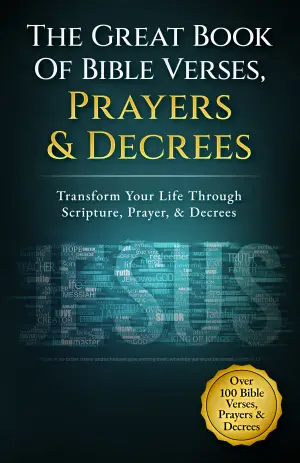
18 Jul Beyond Syntax: Navigating Creativity and AI in ‘More Than Words’
Review of More Than Words: How to Think About Writing in the Age of AI by John Warner
As a lifelong lover of writing, the title More Than Words immediately piqued my interest. In today’s world where generative AI has become an integral part of our learning and working environments, the prospect of revisiting the fundamentals of human expression seemed not just timely, but necessary. John Warner, a seasoned writing teacher, captures this urgency beautifully, compelling us to reconsider the essence of writing itself.
Warner posits that writing is much more than the arrangement of words; it’s a profound act of thinking and feeling. His engaging prose is peppered with personal anecdotes and reflections that resonate deeply with anyone who has struggled to put pen to paper—or fingers to keyboard. He challenges us to think critically about the AI tools that simplify essay writing but fundamentally diminish the process’s human element. “If ChatGPT can do it, it’s probably not worth doing by humans,” Warner asserts, which struck me as not only provocative but also liberating. Finally, a voice articulating the concerns many of us have been silently harboring!
In his analysis, Warner navigates through the dark alleys of educational norms, critiquing outdated assignments and testing methods that reduce students to mere outputs rather than nurturing critical thinkers. His call for a more meaningful approach to writing, one that embraces creativity and personal expression, feels revolutionary. The book’s most striking concept is Warner’s encouragement to use AI not as a crutch but as an opportunity to rethink our approach to writing instruction. He encourages us to embrace a framework he describes as Resist, Renew, and Explore—certainly something any teacher—or writer—can benefit from reflecting on.
Warner’s writing style is accessible yet poignant, blending scholarly insight with a conversational tone that makes you want to underline every other sentence. His thoughtful commentary on how generative AI operates—merely calculating word sequences rather than genuinely thinking or feeling—resonated with me personally. It’s a testament to the importance of authentic expression in a world increasingly driven by automated processes.
Memorable quotes from educators and professionals, like Austin Kleon and Jane Rosenzweig, bolster Warner’s claims, emphasizing our shared humanity in the writing experience. One quote that particularly struck me was, “Only humans can read. Only humans can write. Don’t let anyone tell you otherwise.” It’s a reminder that in our rush to embrace technology, we must not forget what defines us as humans.
I believe More Than Words is essential reading for anyone involved in education, writing, or even those simply navigating the complexities of modern life. Writers, teachers, and students alike will find Warner’s insights both encouraging and thought-provoking. The book not only helped me reframe my relationship with writing but also ignited a deeper curiosity about how we can foster creativity in a tech-dominated world.
In a time when the art of writing could easily become overshadowed by AI, Warner’s work reminds us of its intrinsic value—both as a craft and as a reflection of our humanity. I encourage you to pick up this book; it just might change the way you think about the words you put down on the page, and the thoughts and feelings behind them.
You can find More Than Words: How to Think About Writing in the Age of AI here >>









